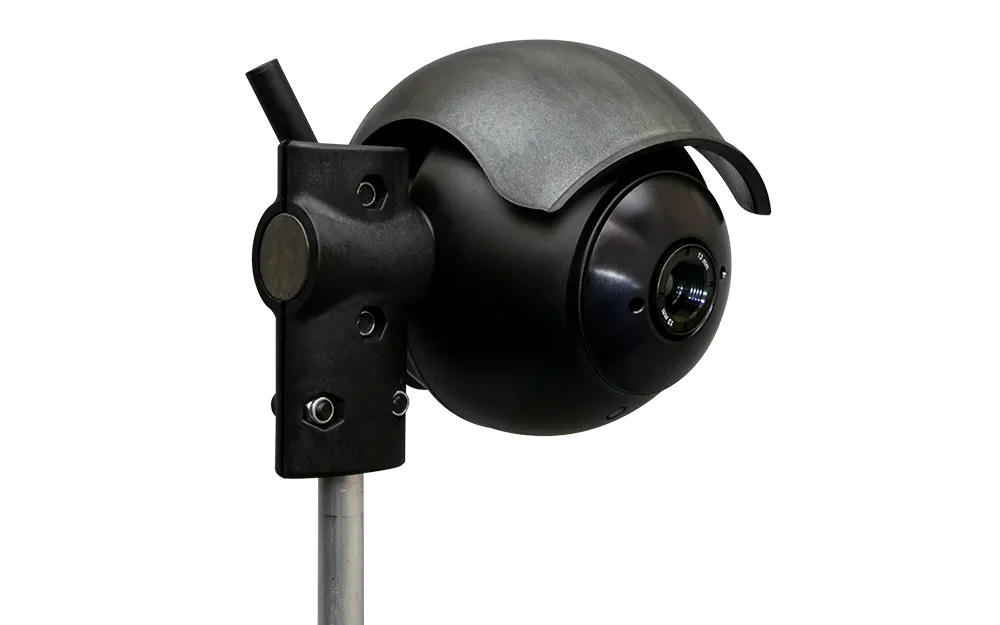Danish wireless technology company Blip Systems has partnered with Smart CCTV to deliver Bluetooth and wi-fi journey time, origin and destination, traffic congestion monitoring and traffic management solutions to UK roads.
Blip Systems’ BlipTrack uses small sensors at strategic points in road networks to track Bluetooth and wi-fi enabled devices, such as mobile phones, tablets and hands-free installations in cars to measure traffic flow and calculate travel time. The ability to obtain traffic flow data
September 9, 2013
Read time: 2 mins
Danish wireless technology company 3778 Blip Systems has partnered with Smart CCTV to deliver Bluetooth and wi-fi journey time, origin and destination, traffic congestion monitoring and traffic management solutions to UK roads.
Blip Systems’ BlipTrack uses small sensors at strategic points in road networks to track Bluetooth and wi-fi enabled devices, such as mobile phones, tablets and hands-free installations in cars to measure traffic flow and calculate travel time. The ability to obtain traffic flow data in real time offers highway authorities the ability to proactively manage the road network to minimise delays and congestion.
Commenting on the agreement, Nick Hewitson, managing director of Smart CCTV, said: “We have been looking at products in this area for about eighteen months and we believe that the Blip Systems solution offers not only a highly robust sensing technology but also a world-class cloud-based traffic management tool which makes the BlipTrack system easy to install, maintain and it is highly cost effective.”
“We see a high potential for BlipTrack in the UK market and together with Smart CCTV we can deliver competitive and customised ITS solutions to British road authorities”, says Blip Systems sales director Preben Andersen.
Blip Systems’ BlipTrack uses small sensors at strategic points in road networks to track Bluetooth and wi-fi enabled devices, such as mobile phones, tablets and hands-free installations in cars to measure traffic flow and calculate travel time. The ability to obtain traffic flow data in real time offers highway authorities the ability to proactively manage the road network to minimise delays and congestion.
Commenting on the agreement, Nick Hewitson, managing director of Smart CCTV, said: “We have been looking at products in this area for about eighteen months and we believe that the Blip Systems solution offers not only a highly robust sensing technology but also a world-class cloud-based traffic management tool which makes the BlipTrack system easy to install, maintain and it is highly cost effective.”
“We see a high potential for BlipTrack in the UK market and together with Smart CCTV we can deliver competitive and customised ITS solutions to British road authorities”, says Blip Systems sales director Preben Andersen.








